People Who Isolate Themselves When They’re Struggling Usually Have These 11 Reasons
Something deeper may be going on behind their isolation.
 Eloy Vidal Segura / Shutterstock
Eloy Vidal Segura / Shutterstock When people are struggling, whether that be with the inconveniences of life or their mental health, they may choose to isolate themselves. While this is usually their way of avoiding uncomfortable situations or protecting themselves from further pain, there are serious side effects from never indulging in social interactions.
This can quickly become an endless cycle that works to deteriorate their self-esteem and increase their feelings of loneliness. It may seem like social interaction is the worst thing they could possibly put themselves through in times of struggle, but at the same time, it could promote healthier coping mechanisms.
People who isolate themselves when they’re struggling usually have these 11 reasons
1. Low energy
 Dragana Gordic / Shutterstock
Dragana Gordic / Shutterstock
If someone is struggling and they choose to isolate themselves, it may be due to low energy. If a person has something overwhelming going on in their life, it is likely to take up all their thoughts and energy, leaving them feeling burned out and drained.
When they're feeling this way, most people will likely not be interested in socializing because it seems like too much to handle. While this may be how they feel, social interaction helps their low energy by acting as a recharge for their social battery.
“One of the more common physical symptoms of isolation is a persistent feeling of fatigue. When people are deprived of social connections, their energy levels drop,” explains the Brain Treatment Center North Austin, a team of certified medical professionals who work to improve function and quality of life for people who struggle with neurological conditions.
2. Fear of being a burden
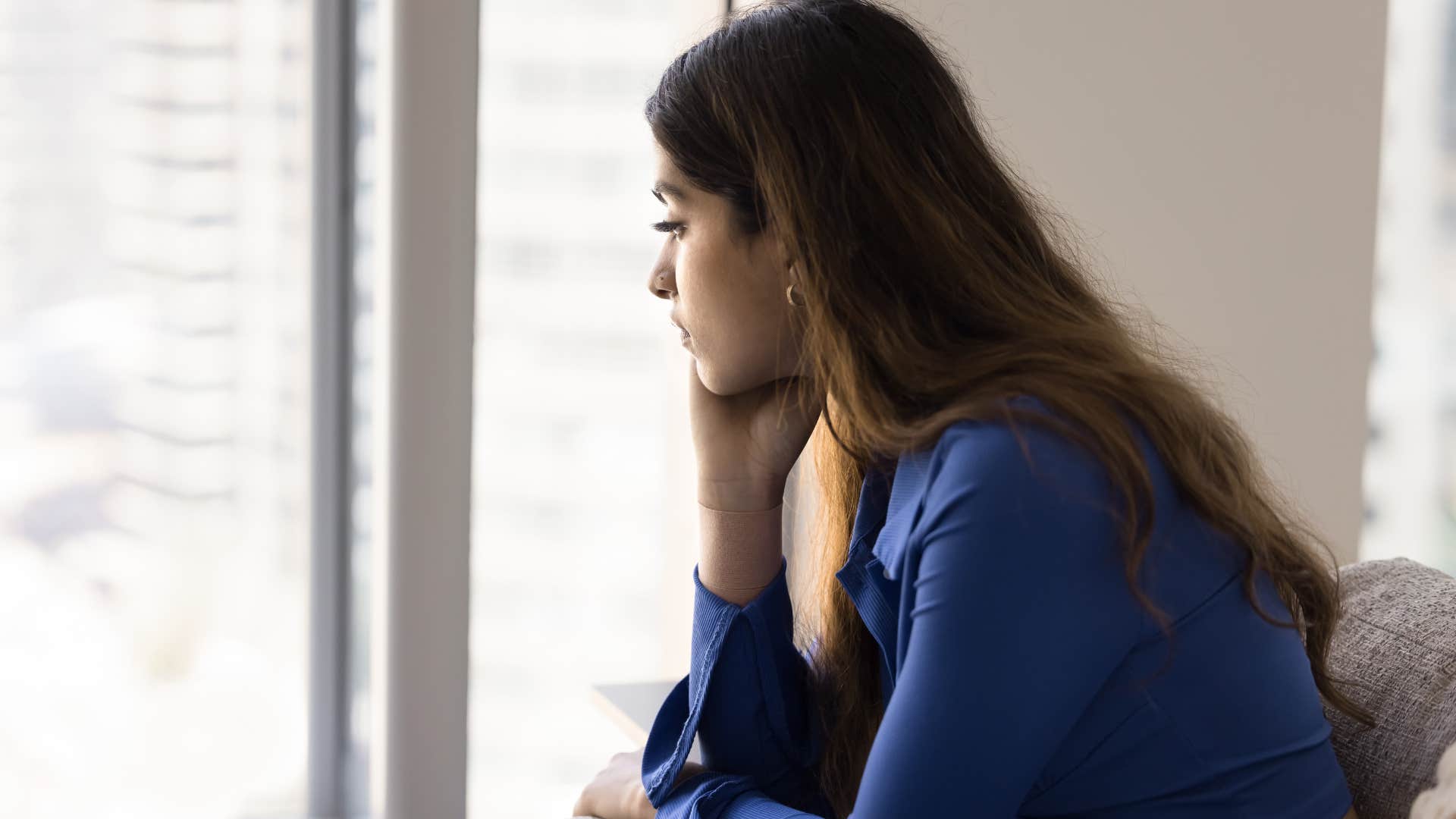 fizkes / Shutterstock
fizkes / Shutterstock
When a person is struggling with something, they may isolate themselves. This could be due to their fear of being a burden and not wanting to bother everyone with their troubles.
Michelle Risser, a licensed clinical social worker, notes, “Feeling like a burden can come from many different experiences. Maybe you’re going through a tough period and need more support, or you’re dealing with ongoing challenges like mental health or chronic illness. Past experiences, like being made to feel this way in relationships, or holding yourself to impossible standards, can also play a part.”
Choosing to isolate instead of seeking the help they need will lead to increased stress and burnout. To combat feeling like a burden, individuals should practice being kinder to themselves and understanding what they are feeling inside.
3. Social anxiety
 Stock Unit / Shutterstock
Stock Unit / Shutterstock
Sometimes when an individual isolates themself, they are struggling with something serious. This person could be struggling with social anxiety, which is making it hard for them to interact in social spaces.
“Isolation is a result of anxiety and depression in that some individuals use it as a self-induced coping mechanism to deal with excessive worry and avoid human interaction,” according to the authors of an article published in General Psychiatry.
However, when someone chooses to manage their social anxiety by avoiding social connections, they could find themselves stuck in a never-ending loop of anxiety and isolation, considering we are a social species that needs at least a small dose of social interactions in order to maintain mental well-being.
4. Feelings of shame
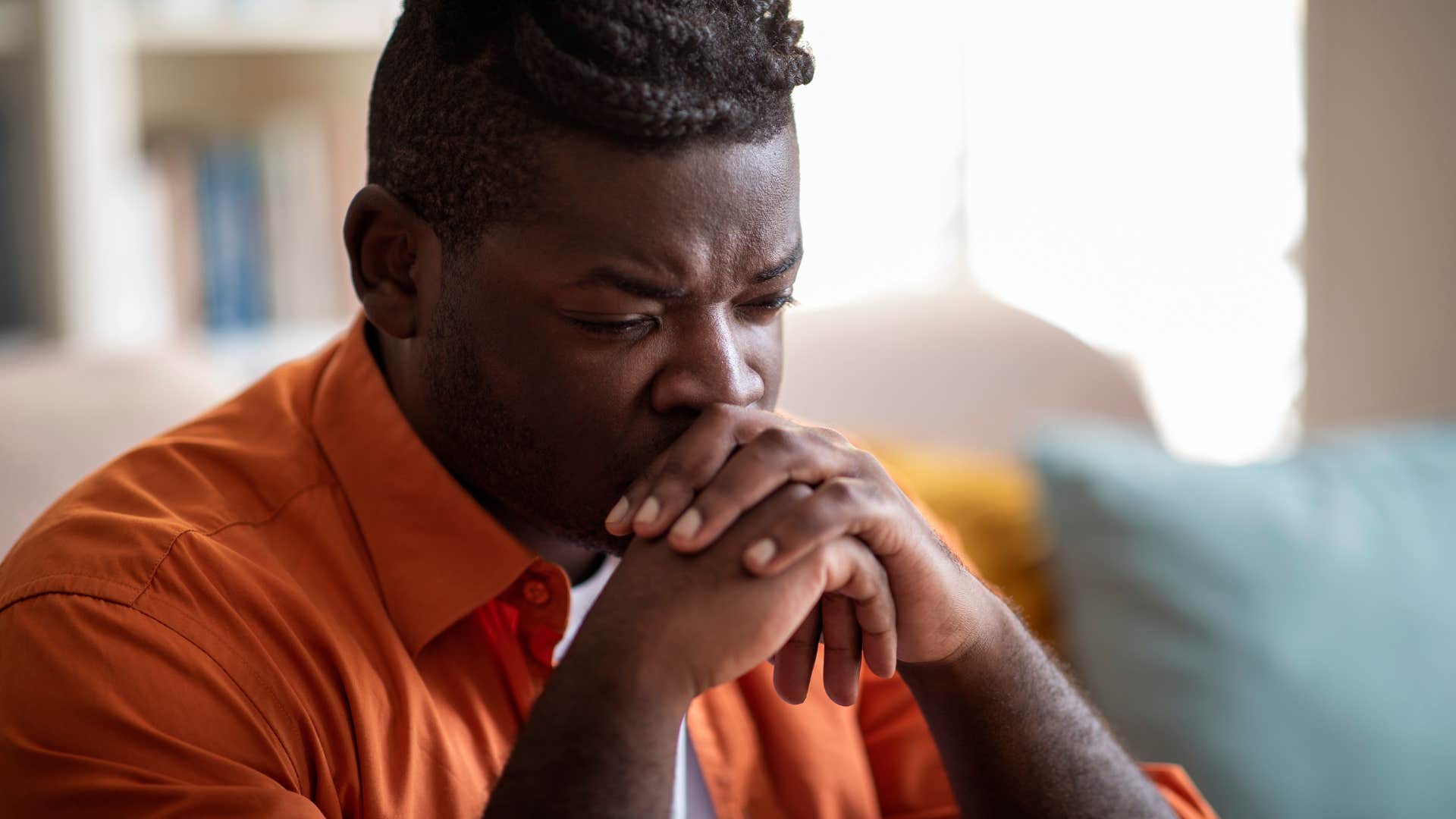 Prostock-studio / Shutterstock
Prostock-studio / Shutterstock
When struggle overtakes a person’s life, they may feel shame about their identity or the situation at hand. This feeling of shame will cause them to isolate themselves from others and never feel like they can show their true colors around people.
Anya Dangora, a provisionally licensed mental health counselor, explains that “Isolation and loneliness start to happen when you become exhausted by the effort it takes to uphold a socially desirable persona in front of others. Eventually, the only acceptable time to be yourself and let go is when you are alone.”
5. Difficulty communicating
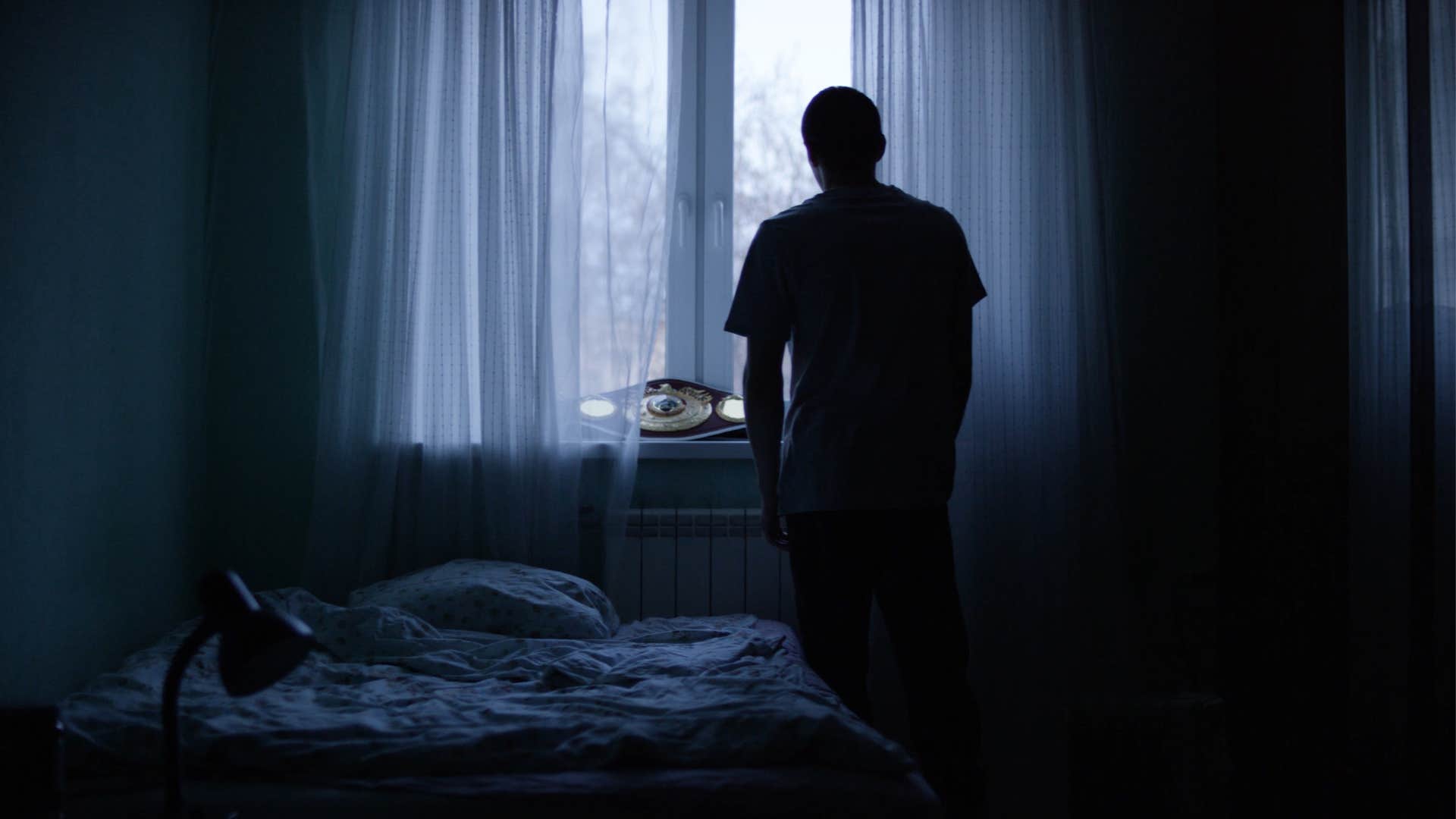 Media Whale Stock / Shutterstock
Media Whale Stock / Shutterstock
When a person is experiencing a difficult time, they may struggle to communicate their feelings and explain what is really going on with them. Instead of dealing with this difficulty, most people choose to avoid social interactions and isolate themselves.
In an attempt to avoid the negative feelings that may result from a conversation with someone where they feel they cannot properly express themselves, they will choose social isolation. However, choosing not to talk about their struggles can lead to other struggles, like anxiety, depression, and consistent social withdrawal.
“Communication difficulties can lead to social isolation. Social isolation can damage a person’s confidence and limit opportunities for conversation and interaction,” explains the Communication Hub, a site for individuals who struggle with or wish to learn about communication difficulties.
6. Desire to avoid conflict
 Ground Picture / Shutterstock
Ground Picture / Shutterstock
Life or mental struggles can cause a person to want to self-isolate. If they are hoping to avoid conflict by isolating themselves, it may be their way of trying to protect themselves from further pain.
If they feel as though socializing with others may lead to some kind of conflict or could make them feel rejected by the other person, they will use isolation as their defense mechanism. They may know that mentally and emotionally, they can’t handle any more turmoil, so they do not allow themselves even the opportunity to face potential conflicts.
7. Overwhelming stress
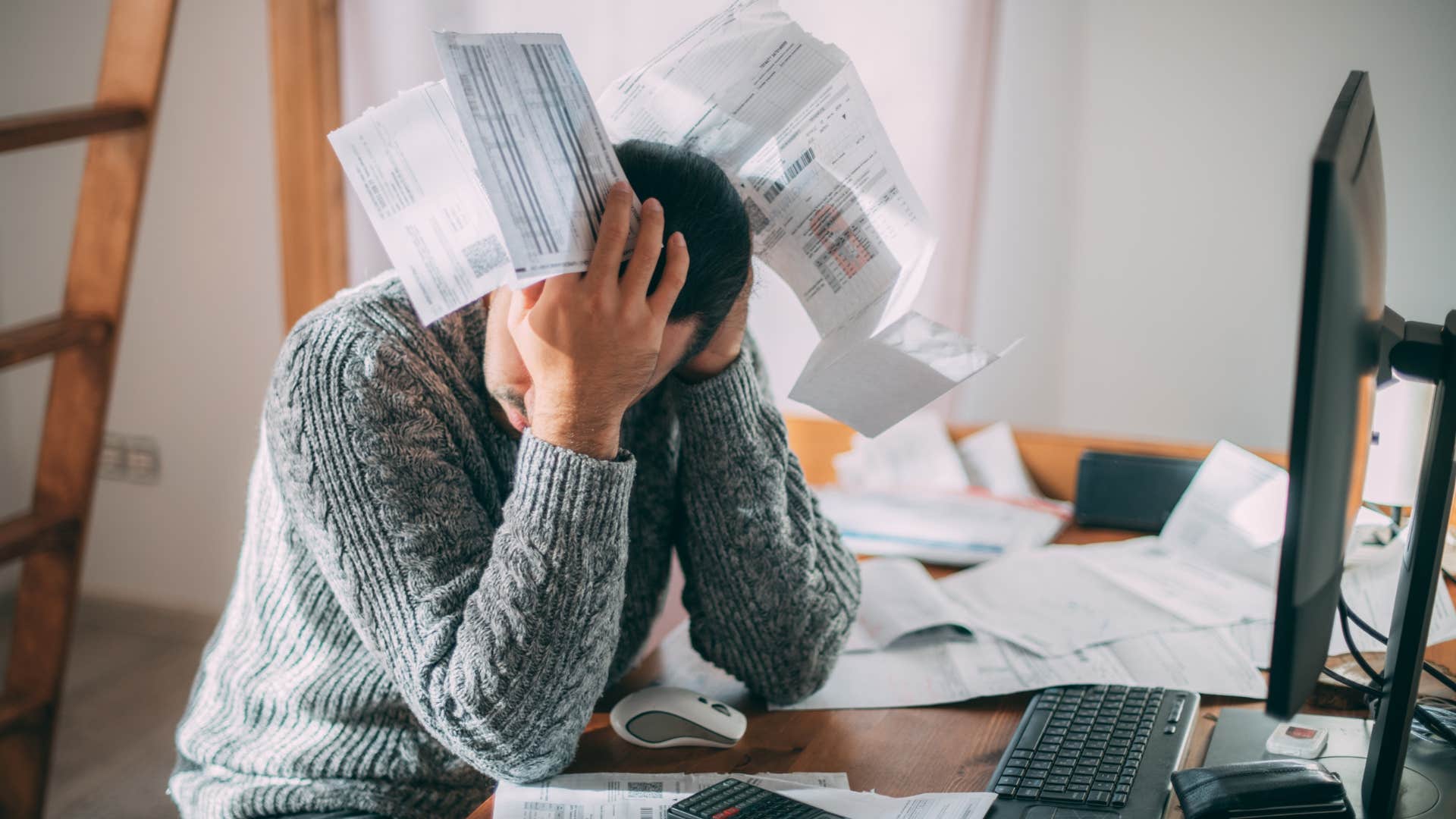 Grusho Anna / Shutterstock
Grusho Anna / Shutterstock
When someone is experiencing a deep struggle, they will likely try to isolate themselves from other people. The struggle they are facing may be causing them an overwhelming amount of mental and emotional stress.
In hopes of conserving the small bit of emotional energy they have left, people overconsumed by stress will keep themselves away from people because they fear that social interactions will drain them even more than they already are. Isolation, however, can be a negative way of handling stress.
“Isolation can also lead to changes in the brain that might contribute to the onset of mental health conditions. Poor social support can make it more challenging for people to manage stress, which can also significantly affect health and well-being,” explains Kendra Cherry, MSEd, a psychosocial rehabilitation specialist.
8. Depression
 fizkes / Shutterstock
fizkes / Shutterstock
Mental and life-related struggles can lead a person to develop depression sometimes. Depression may result in a person choosing to isolate themselves from other people.
Out of a fear of being misunderstood as well as a lack of mental energy, a person will cope by separating themselves from the potential support of others. Self-isolation is likely not the best way to cope with these feelings, due to its potential for causing a person more depressive feelings, but it may feel like the only viable option for someone struggling.
9. Negative self-image
 Nicoleta Ionescu / Shutterstock
Nicoleta Ionescu / Shutterstock
If a person is struggling with something and it is contributing to their negative self-image, they will likely start isolating themselves. This is due to a fear of rejection that results from having low self-esteem.
“Socially, a distorted self-image can lead to withdrawal and avoidance behaviors. Fear of judgment or ridicule can make social interactions seem daunting, decreasing participation in social, educational, or work-related activities,” according to D'Amore Mental Health, a mental health treatment center based in Orange County, California.
10. Fear of vulnerability
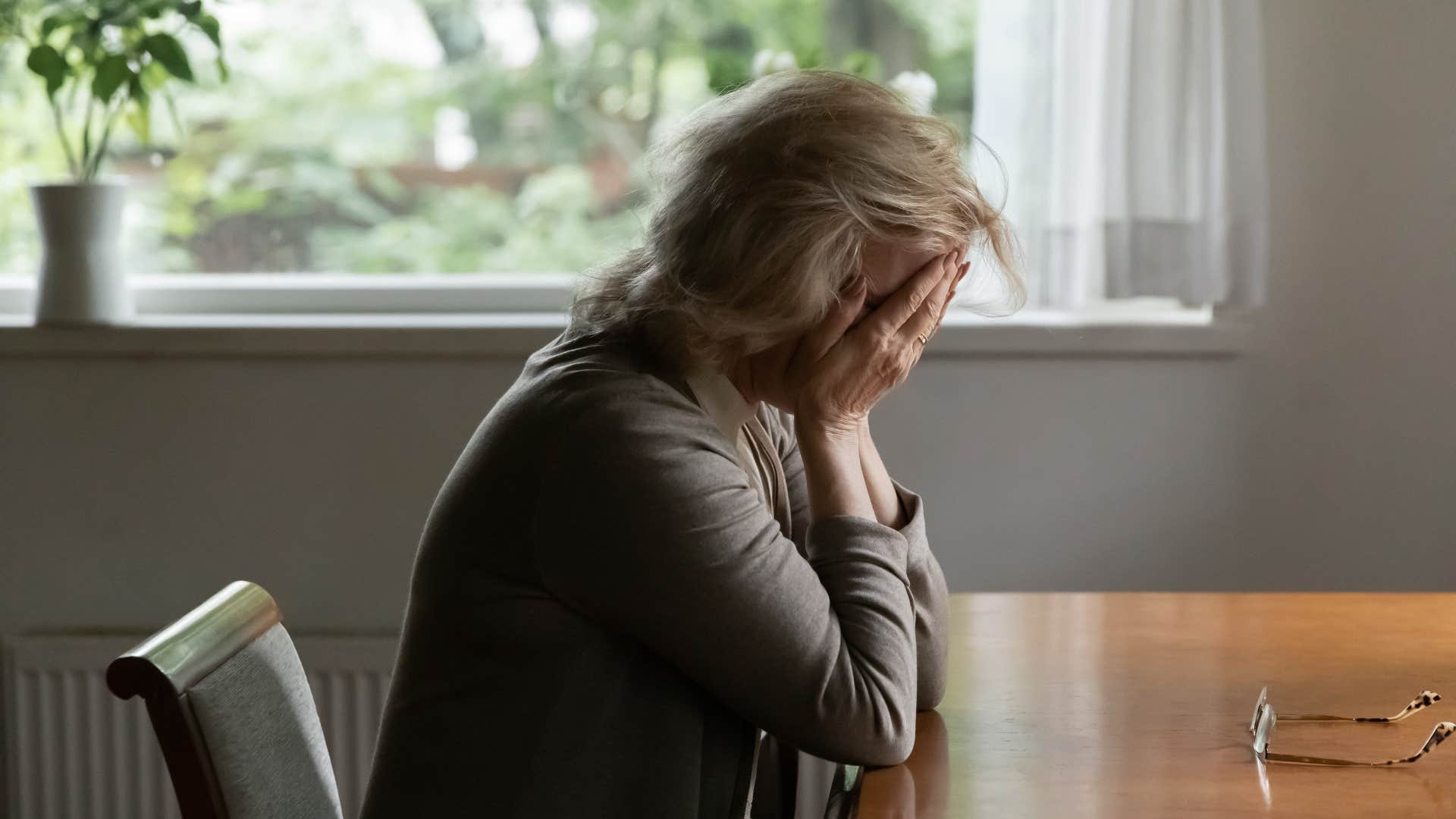 fizkes / Shutterstock
fizkes / Shutterstock
Someone may be experiencing a very hard struggle, but instead of trying to lean on those around them, they may choose to be isolated instead. This could be due to their fear of vulnerability.
Take Root Therapy, a team of psychotherapists and art therapists who help their clients understand themselves as well as confront fears and struggles in their lives, explains, “Many people hear the word vulnerability and immediately become uncomfortable. Vulnerability, specifically emotional vulnerability, can mean exposing ourselves and allowing for potential emotional pain.”
Isolation becomes their way of protecting themselves from the pain that could result from being vulnerable.
11. Disassociation or numbness
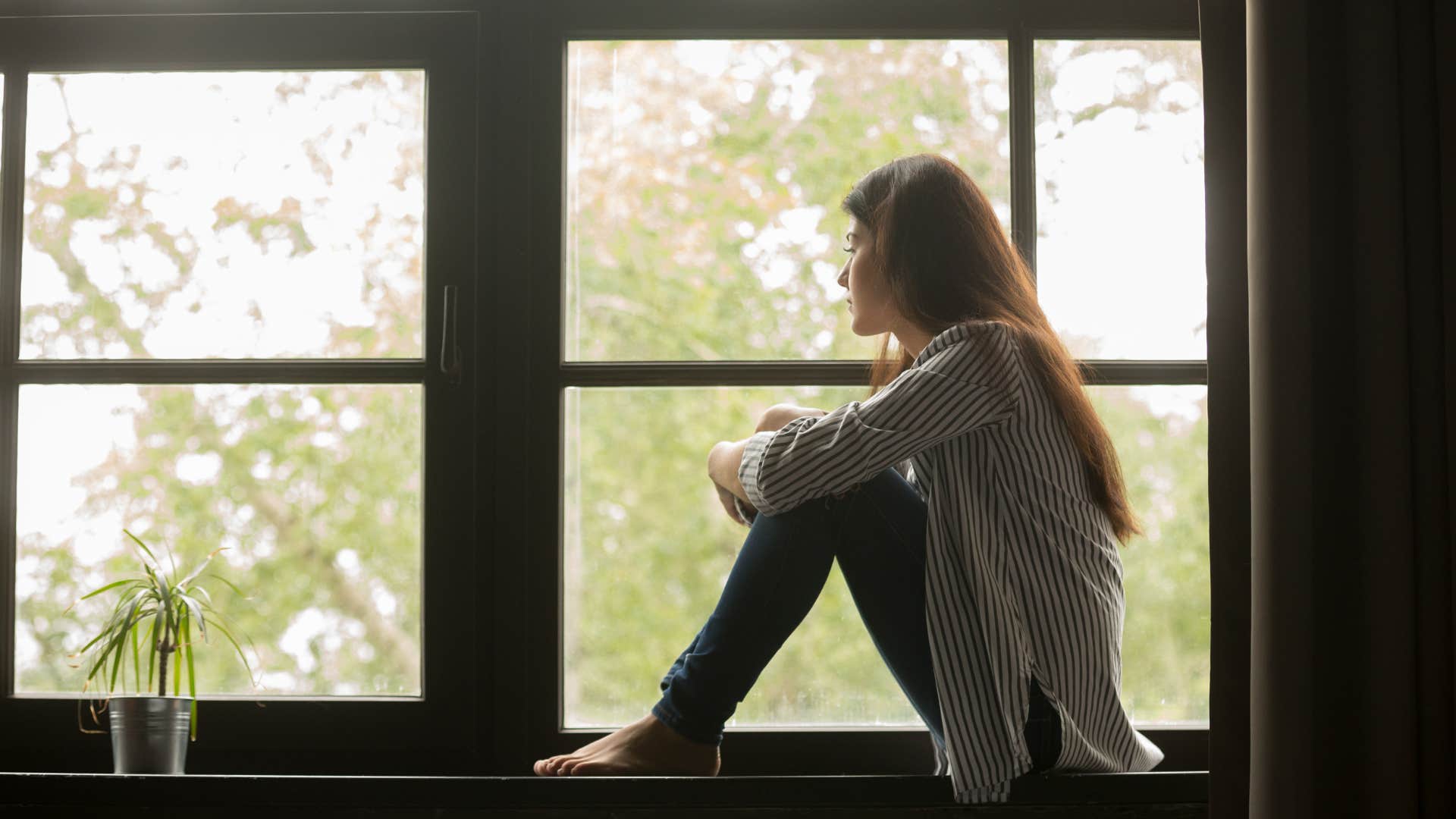 fizkes / Shutterstock
fizkes / Shutterstock
Some people, when they are struggling, will handle their troubles by distancing themselves from the people they would usually spend a lot of time around. This could be them using disassociation or numbness to help them cope with their struggles.
They are likely not just blocking out social interactions but also their own feelings and thoughts as a way to defend themselves against the emotional pain they are feeling. If someone you know seems more distant than they usually are, it never hurts to check up on them and try to make sure they are okay. Approaching them in a non-judgmental and caring manner may make them feel more comfortable opening up to you.
Kamryn Idol is a writer with a bachelor's degree in media and journalism who covers lifestyle, relationship, family, and wellness topics.

